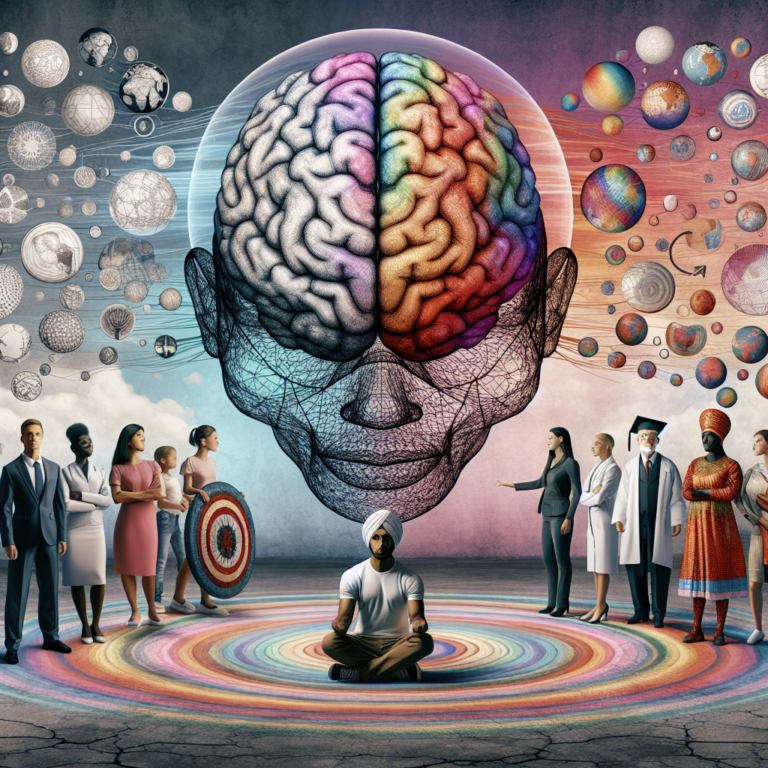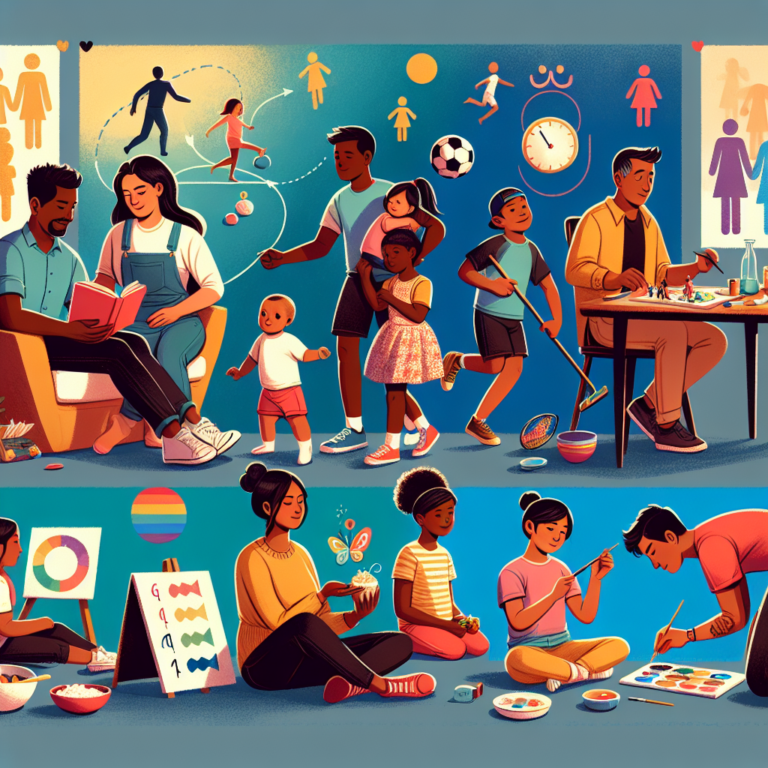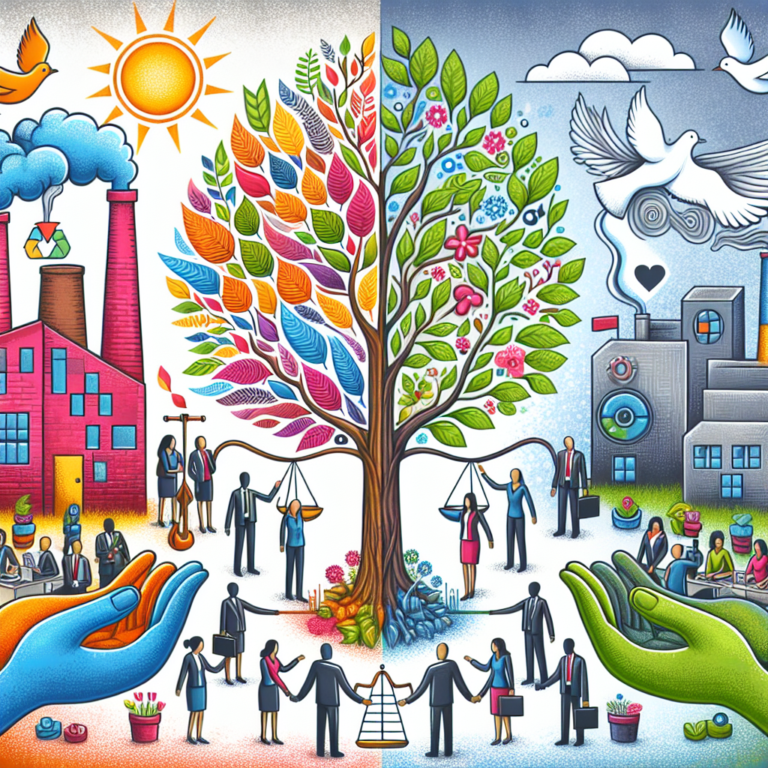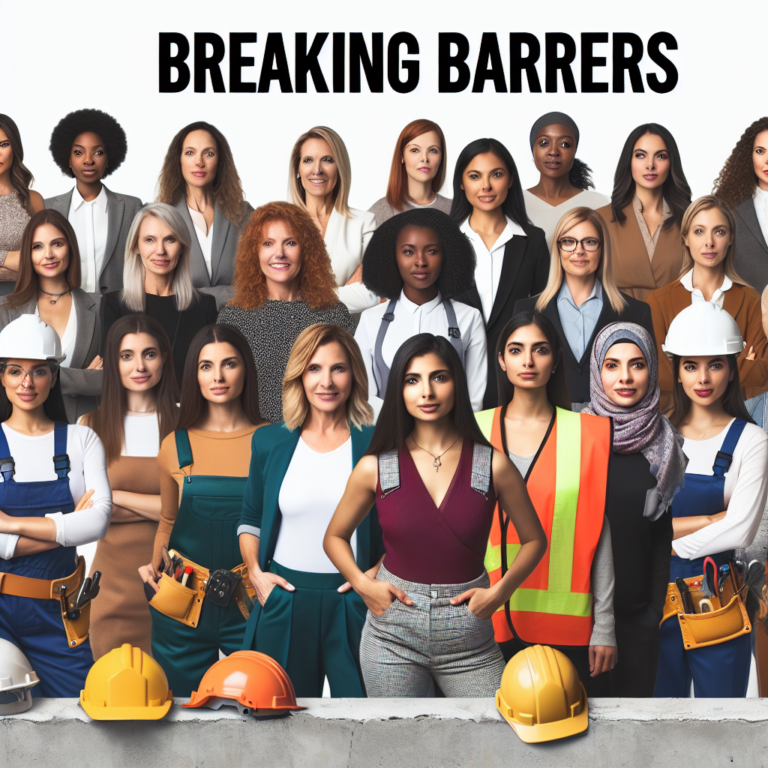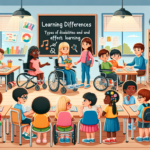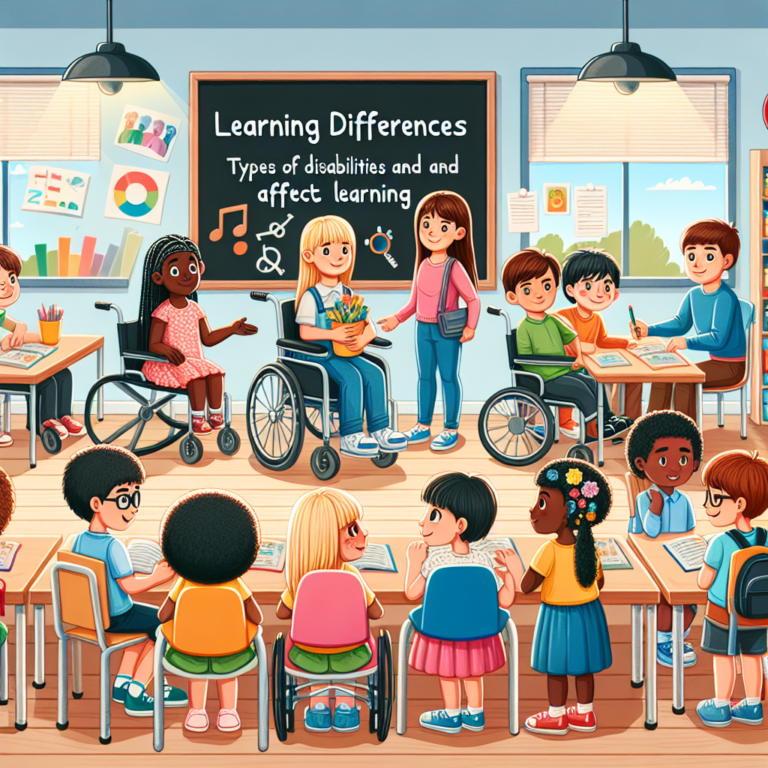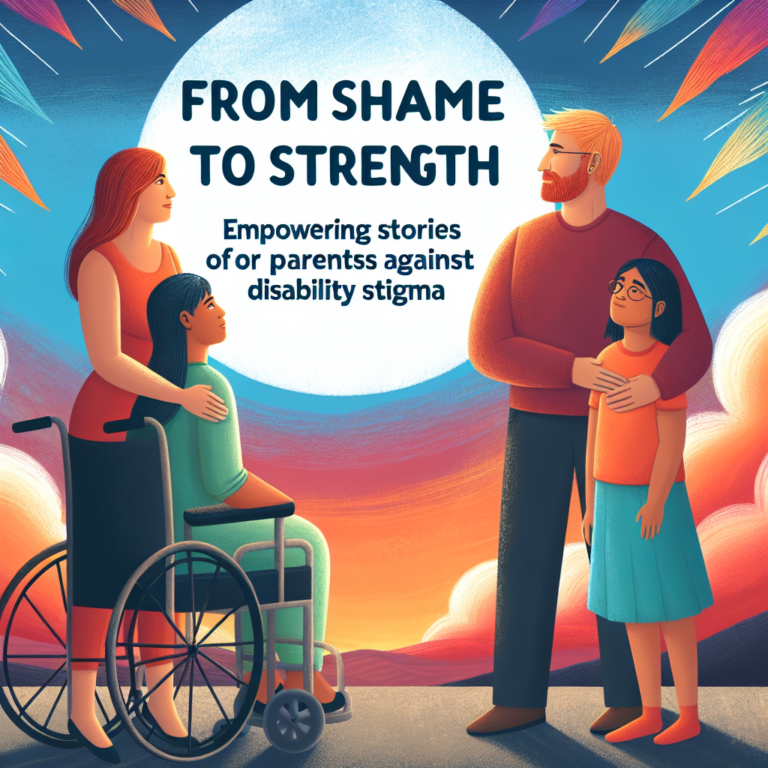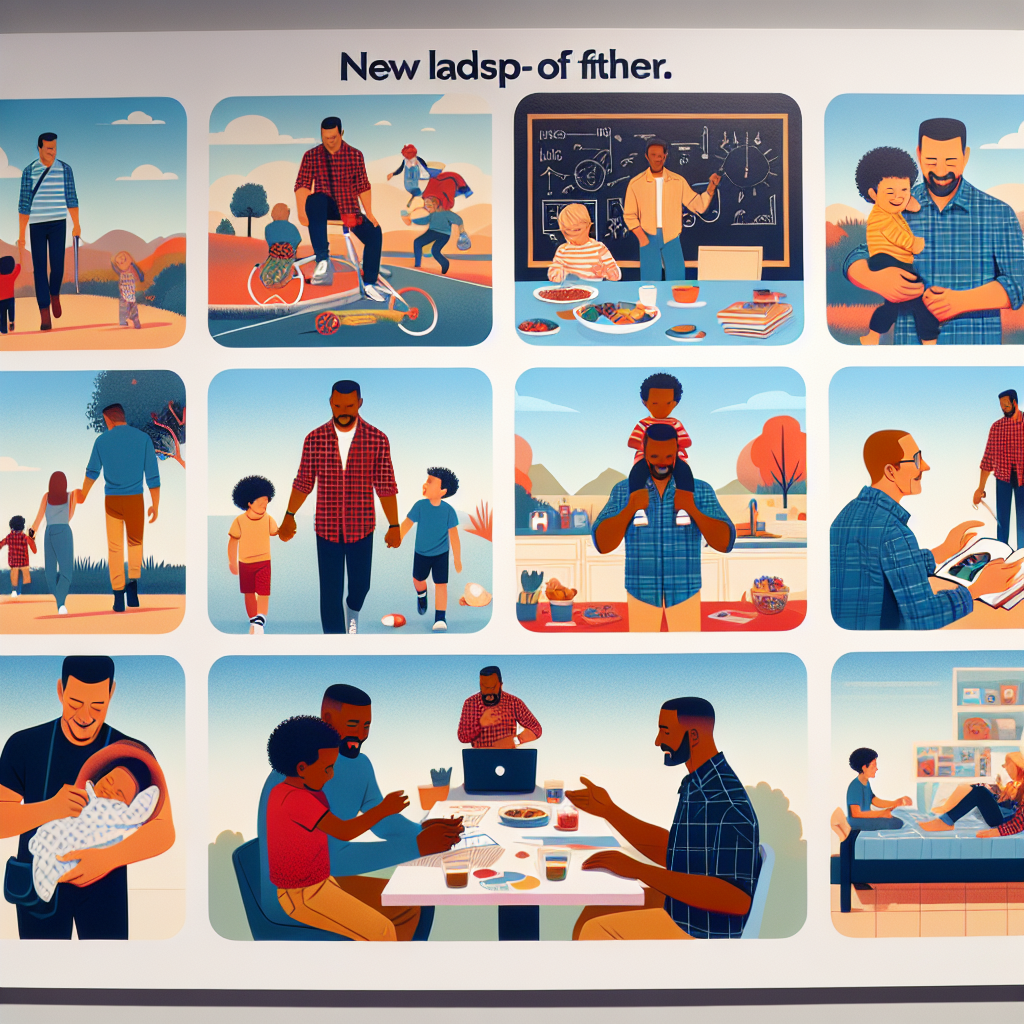
Introduction
In a world where traditional gender roles are constantly evolving, the dynamics of fatherhood and masculinity are undergoing significant transformation. No longer confined to the archetype of the stoic provider, contemporary fathers are embracing a more emotional, nurturing approach to parenting. This shift has profound implications for how we view masculinity, and it prompts an urgent conversation around Fatherhood and Masculinity: Navigating the New Landscape of Parenting.
As we dive into this multifaceted topic, we will explore how modern fathers are redefining their roles, the societal pressures they face, and the impact this has on future generations. Let’s embark on this journey together, unveiling the essence of fatherhood in today’s society.
The Evolution of Fatherhood
The Traditional Role of Fathers
Historically, fatherhood has been associated with breadwinning and authority. Fathers were expected to be the tough, unemotional figure in the family. This rigid definition of masculinity left little room for emotional expression or nurturing characteristics.
Table 1: Traditional vs. Modern Fatherhood Roles
| Aspect | Traditional Fatherhood | Modern Fatherhood |
|---|---|---|
| Primary Role | Provider | Nurturer and Provider |
| Emotional Expression | Minimal | Encouraged and Validated |
| Parenting Involvement | Limited | Hands-on, Active Involvement |
| Household Dynamics | Patriarchal | Collaborative efforts |
Shifts in Societal Norms
As societal values change, so too does our perception of what it means to be a man and a father. The rise of feminism, the LGBTQIA+ rights movement, and an emphasis on gender equality have forced us to rethink fatherhood and masculinity. Fathers are increasingly participating in activities traditionally deemed "women’s work," ranging from changing diapers to attending school events.
Case Study: The Stay-at-Home Dad
Consider a notable case: John, a successful Marketing Manager who chose to become a stay-at-home dad when his wife returned to work. Initially met with skepticism from friends and family, John soon discovered a supportive online community of fathers who shared experiences, tips, and resources. This case illustrates the changing landscape where staying at home is not just for mothers anymore.
Relevance: John’s journey exemplifies the empowerment of fathers who choose to defy traditional roles, showcasing how modern fatherhood transcends old stereotypes.
The Many Faces of Masculinity
Redefining Strength
The new masculinity encompasses emotional strength and vulnerability. Fathers are learning that showing emotion does not equate to weakness. Being a nurturing figure is viewed as an asset rather than a liability.
Chart 1: Attributes of Modern Masculinity
| Attribute | Description |
|---|---|
| Emotional Intelligence | Ability to empathize and express feelings |
| Nurturance | Actively participating in child-rearing |
| Collaboration | Working with partners as equal contributors |
| Flexibility | Adapting roles to meet family needs |
Impact of Social Media
Platforms like Instagram and TikTok have transformed the fatherhood narrative. Dads feel encouraged to share their experiences, providing glimpses into the realities of parenting—complete with messes, challenges, and joys.
Case Study: #DadLife
Using the hashtag #DadLife, videos of fathers engaging in various activities with their children have garnered millions of views. This cultural phenomenon has played a crucial role in normalizing active fatherhood, inspiring men worldwide.
Relevance: The digital age enables fathers to connect, share, and learn from each other’s journeys, thereby strengthening community bonds.
The Pressure of Expectations
Navigating Modern Challenges
While the landscape of fatherhood is evolving, many men still grapple with societal pressures. The conflicting expectations of being "tough" while also being gentle can be overwhelming.
Case Study: Sam’s Struggle
Sam, a father of two, found himself torn between the societal expectations of masculinity and his desire to be an emotionally available parent. He actively sought therapy to help him reconcile these conflicting feelings. Through therapy, he learned valuable skills that allowed him to embrace fatherhood without sacrificing his identity as a man.
Relevance: Sam’s story highlights the mental health challenges fathers face, emphasizing the importance of emotional well-being and open dialogues around masculinity.
The Influence of Fathers on Future Generations
Role Modeling
Fathers play a crucial role in shaping their children’s views on gender roles, relationships, and emotional intelligence. The way they parent directly impacts how their children perceive masculinity and fatherhood.
Table 2: Impact of Fatherhood on Children
| Age Group | Potential Outcomes |
|---|---|
| Infants | Secure attachments, emotional security |
| Toddlers | Enhanced social skills, better communication |
| Adolescents | Higher self-esteem, improved mental health |
| Young Adults | Healthy relationships, gender equality awareness |
Case Study: The Chief and the CEO
In a fascinating study, two fathers from vastly different backgrounds—one a chief in an Indigenous community and the other a CEO in a tech company—were analyzed regarding their parenting styles. Both fathers emphasized the importance of community, respect, and emotional intelligence. Their children, although raised in different environments, showed a strong sense of identity and security.
Relevance: This case underscores how diverse parenting styles can lead to emotionally connected and self-aware future generations, enriching the narrative of fatherhood and masculinity.
Tools for Navigating the New Landscape
Embracing Gender Equality
Fathers must actively promote gender equality at home. This means sharing responsibilities like household chores and childcare. Collaborative parenting fosters mutual respect and sets a positive example for children.
Mental Health Resources
Men must prioritize their emotional well-being. Seeking therapy, joining support groups, or engaging in open conversations with partners can alleviate feelings of inadequacy.
Resource List:
- Therapy Apps: BetterHelp, Talkspace
- Fatherhood Support Groups: Meetup, Facebook groups
- Books on Modern Parenting: "Dads Just Don’t Care" by David H. Lawrence
Conclusion
Navigating the new landscape of fatherhood and masculinity is both a challenge and an opportunity. As we collectively redefine what it means to be a father, embracing vulnerability, emotional intelligence, and mutual respect will pave the way for healthier family dynamics. The changes we make today will profoundly influence future generations, breaking down archaic stereotypes and fostering a culture where fatherhood is celebrated in all its diverse forms.
FAQs
What does modern masculinity look like in fatherhood?
- Modern masculinity emphasizes emotional expression, nurturing, and collaboration in parenting roles.
How can fathers support their partner effectively during parenting?
- Fathers can support their partners by sharing household responsibilities and being actively involved in childcare.
What are some common challenges fathers face in parenting?
- Common challenges include societal pressures to conform to traditional masculine roles and balancing emotional availability with perceived strength.
How do I find a parenting support group?
- You can find parenting support groups through local community centers, social media platforms, or websites like Meetup.
- Why is mental health important for fathers?
- Prioritizing mental health allows fathers to model emotional intelligence for their children and build stronger family connections.
By embracing the complexity of fatherhood and masculinity, we can cultivate a supportive environment that nurtures the next generation of emotionally intelligent, resilient individuals. Let’s champion this evolving narrative together!



